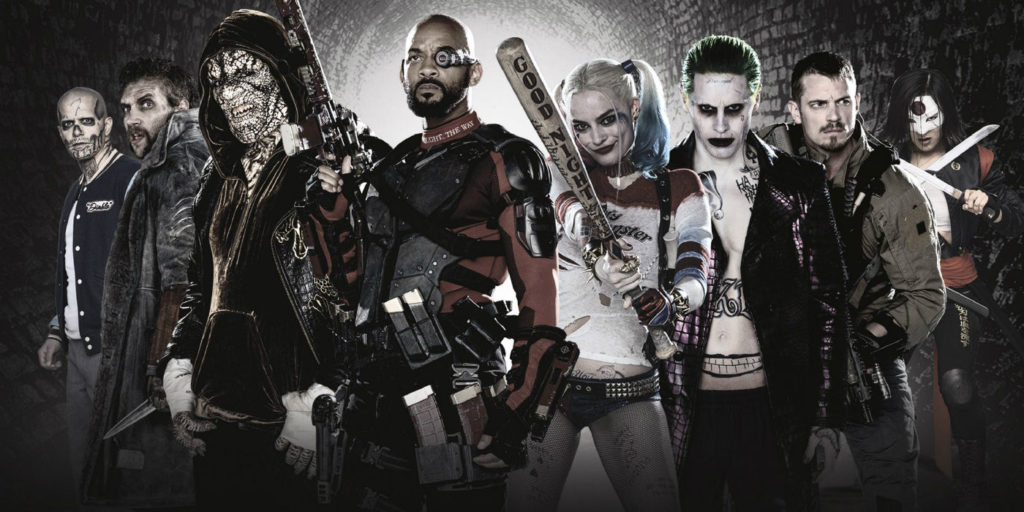Suicide Squad and the DCU’s Failed Opportunities
Written by Ian Thomas Malone, Posted in Blog
It’s hard to separate the hype surrounding Jared Leto’s “method acting” stunts as well as the failure of Batman v. Superman to build hype for the still blossoming DCU from Suicide Squad as a movie. Such is the current state of big franchises, which concern themselves with their part in the bigger universe often to the detriment of the job at hand, to be entertaining. While it’s hard to figure out how much blame Suicide Squad deserves for not being the desired platform to launch the DCU or for barely including Leto, it almost doesn’t matter. The movie plays like it couldn’t care less what people think.
Director David Ayers keeps his audience at a distance with the endless music video like montages introducing the ensemble cast, most of whom end up being wasted, which is a shame since Margot Robbie, Will Smith, and Viola Davis particularly stand out as making the most of the worthless material they were given. The only true stinker of the cast is Leto, whose Joker plays like someone doing a Heath Ledger impersonation at 2 in the morning after a night consuming Four Loko. It’s truly astonishing to see a film as bad as Suicide Squad that contained its weakest link in a short, almost cameo like role.
The problem is the movie never gives its audience anything to latch onto. The “squad” never blossoms into anything more than a couple of superficially interesting people walking around reminding the audience that they’re the bad guys. This is especially astonishing given Deadpool’s rise as an oft kilter antihero earlier this year. While I don’t think Deadpool/Suicide Squad comparisons are entirely fair, I was surprised to see Deadpool’s only weak link, its unoriginal plot, amplified ten times worse in SS. I’m still not entirely sure what the plot even was.
Moving forward, this issue appears to be a significant problem with the DC Extended Universe as a whole. It goes even beyond the question of who cares, but rather who are we supposed to care about? Man of Steel, Batman v. Superman: Dawn of Justice, and Suicide Squad all made hundreds of millions at the box office, it’s hard to argue that the DCU isn’t exactly off to the kind of start that Warner Bros. would liked to have had. The billion dollar threshold, which both Avengers movies, Iron Man 3, and Captain America: Civil War passed, was looked to as a way to gauge the true success of Batman v. Superman, which missed by around $125 million. Calling it a failure is a bit extreme, but this movie was something that fans waited decades to see and should have been a powerful asset in launching the DCU rather than a liability.
The DCU finds itself in a terrible position with only one film to go before the release of the Justice League. Is it fair to put the whole weight of the franchise on Wonder Woman? Kind of.
Suicide Squad failed miserably in two regards. It was a terrible movie and it didn’t just fail to give people a single nice thing to say about the DCU, it made matters worse. It isn’t fair to expect Wonder Woman to clean up the damage, but it needs to at least start the process if people are supposed to care about this franchise. The MCU has shown us the benefits of a shared continuity. Movies like Guardians of the Galaxy and Ant-Man flourished in an environment that gave them the kind of exposure they likely wouldn’t have had a decade ago.
We haven’t really seen what a failure on this magnitude really looks like. The three DCU films have shown us that profitability isn’t tethered to quality, but if long running franchises have shown us anything, it’s that there does come a time where people just plain tune out. Suicide Squad wasted a chance to build hype for its broader canon and Warner Bros. should be very concerned about the direction of its franchise.











